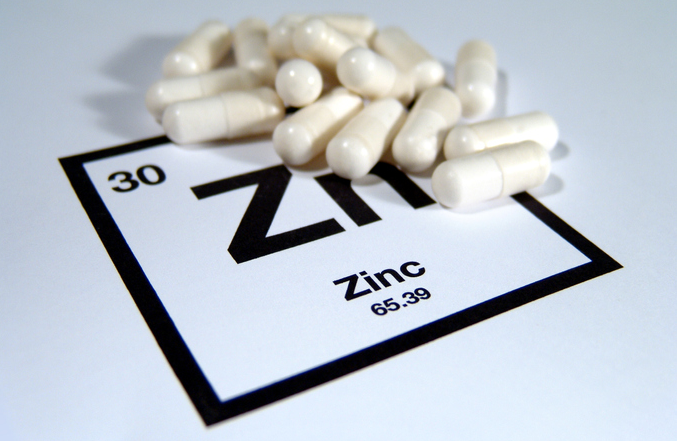Taiwan to approve new functional claims for health foods containing selenium and zinc

The Food and Drug Administration Taiwan said that it was reviewing Article 4 of “Rules for Identification and Determination of Food and Related Product Labelling, Promotion or Advertisement Which Involves Falseness, Exaggeration, Misunderstanding or Medical Efficacy.”
According to Article 4, physiological functional descriptions or description with similar meanings could be used for the labelling, promotion, or advertisement of food products issued with a health food permit.
Otherwise, the descriptions will be considered false, exaggerated, or misleading.
As part of the review, it is planning to approve “facilitate anti-oxidation, combat against oxidative stress” as the acceptable physiological functional description for products containing selenium. This is an entirely new addition as there is currently no approved functional description for selenium.
In addition, it has proposed to add the claim “facilitate anti-oxidation” for zinc. This will become the seventh approved claim for zinc.
Currently, products containing zinc could make physiological functional descriptions such as “maintain normal sense of taste and appetite”, “improve skin health”, “maintain the metabolism of energy, carbohydrates, protein and nucleic acids”, and “help synthesis of skin tissue and proteins”.
The Taiwan FDA said that the additions were in line with international standards and scientific evidence.
In a research paper published on Molecules in 2022, researchers said selenium may remodel gradual and spontaneous physiological changes caused by oxidative stress, potentially leading to healthy ageing. The trace element is also involved in improving antioxidant defence, immune functions, and metabolic homeostasis.
Another study published on Antioxidants in 2017 showed that zinc could act as a co-factor for important enzymes involved in the proper functioning of the antioxidant defence system.
It could also protect cells against oxidative damage and induce the synthesis of metallothioneins. These are proteins effective in reducing hydroxyl radicals and sequestering reactive oxygen species (ROS) produced in stressful situations, such as in type 2 diabetes, obesity and cancer.
The rules, first introduced on June 20, 2019, had undergone two rounds of review so far. The last review was on May 24, 2021.
The intended changes to the rules are currently open for public consultation which ends on March 31.
Currently, there are 27 acceptable physiological functional descriptions for 21 nutrients, including vitamin A / beta-carotene, B vitamins, vitamin C, D, E, K, calcium, iron, protein, and dietary fibre.
Acceptable descriptions for dietary fibre include “improve intestinal motility”, “soften stool and ease constipation”, while “help formation of red blood cells”, “help the transfer and utilisation of oxygen” are allowed for iron.












